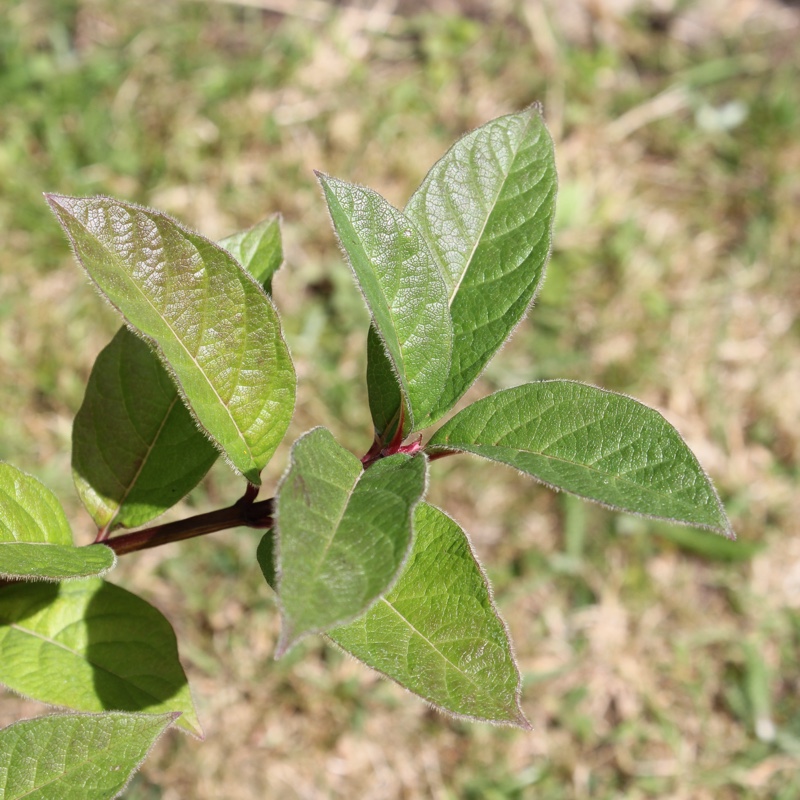
Phygelius x rectus 'African Queen'
Cape Fuchsia 'African Queen'
These bushy growing plants have dark green foliage and produce vivid orange/salmon flowers which resemble the flowers of the fuchsia.
Contributed by @richard.spicer.7906
-
Full sun
-
Occasional watering
-
Frost Hardy: 23F (-5°C)
-
Moist and free draining
Common name
Cape Fuchsia 'African Queen'
Latin name
Phygelius x rectus 'African Queen'
type
Herbaceous Perennial
family
Scrophulariaceae
ph
5.5 - 8.0 Acid - Neutral
Plant & bloom calendar
-
Best time to plant
-
When the plant will bloom
full grown dimensions
 1.50 M
1.50 M
1.50 M
1.50 M
Phygelius x rectus 'African Queen'
These bushy growing plants have dark green foliage and produce vivid orange/salmon flowers which resemble the flowers of the fuchsia.
Flowering
From Early Summer TO Early Autumn
Cape fuchsias bear fuchsia-like, tubular flowers from early / mid Summer to early Autumn
Planting
From Early Spring TO Mid Spring
Plant in moist but free-draining, fertile soil in a sunny position,
Propagate by cuttings
From Late Spring TO Early Summer
Take softwood cuttings from new growth early in the day in Spring or early Summer. Cut, neatly, a 4" approx. piece of a non-flowering shoot, pinch out the tip, and cut off the bottom leaves. Dip the bottom of the cutting in hormone rooting powder, and carefully place in a pot of cutting compost with the leaves just above the level of the compost. Water, label, cover with a polythene bag, and place in a warm, bright place, out of direct sunlight. Take the polythene bag off periodically for a while for ventilation (at least twice a week)
Propagate by suckers
From Early Spring TO Late Spring
Suckers that have rooted can be carefully dug out and put into pots for a year before planting out into the garden.














